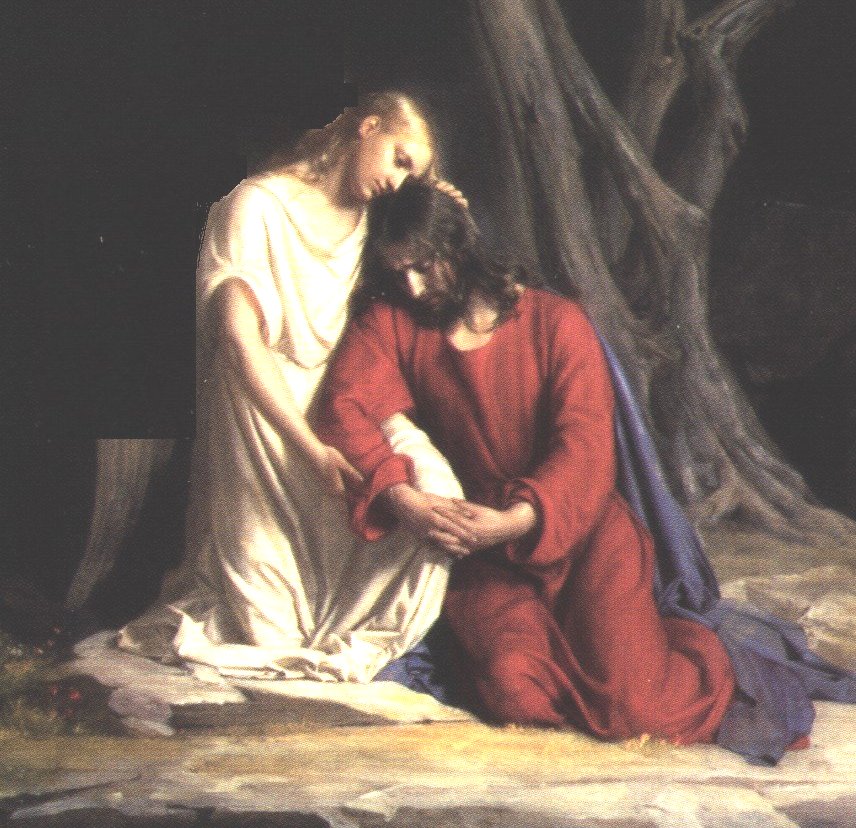|
|
|
|
 CHAPTER 130
CHAPTER 130
 O Lord, hear our prayers, forgive iniquity, and redeem Israel. |
A Messianic Hymn which sang the praises of the actual Day of Atonement, when it would one day be fulfiled, cause man to have his sins removed by the redemtion performed by the Lord and thus enabling man to once again stand in the presence of God. | |
|
|
||
|
1 Out of the adepths have I cried unto thee, O LORD.
2 Lord, hear my voice: let thine ears be attentive to the voice of my supplications. 3 If thou, LORD, shouldest mark ainiquities, O Lord, who shall bstand?a |
3a If thou, LORD, shouldest mark iniquities, O Lord, who shall stand? All men have sinned. It is the very nature of fallen man. For one to proclaim otherwise, the truth is not in him. And thus is to be eternally 'marked' by our iniquities, none of us would be worthy to stand before the Lord and to return to the presence of God in any type of kingdom of glory. And we would be doomed to live forever in our sins. But because of the of the Great Plan of God, a way was established whereby these iniquitities might be removed from us is one would so take it upon himself to so suffer for all. But he would have to be a sinless sacrifice, a perfect sacrifice for sin. | |
|
4 But there is
aforgiveness with
theea, that thou mayest be
bfeared.
5 I await for the LORD, my soul doth wait, and in his word do I hope. 6 My soul waiteth for the Lorda more than they that watch for the morning: I say, more than they that watch for the morning.
|
4a But there is forgiveness with
thee The plan of redemption set forth that there would be
forgiveness through the Lord God Jehovah, even Jesus Christ and the atonement
which he would make, a sinless sacrifice for sin which would redeem all of
mankind if the would but come unto him.
6a My soul waiteth for the Lord And all, especially David's soul did wait upon the coming of the Lord and His fulfillment of that atonement, thus releasing all the repentant captives who had been bound and would be bound by that burden of sin which keeps man from regaining God's presence. |
|
|
7 Let Israel hope in the LORD: for with the LORD
there is mercy, and with him is plenteous
aredemption.
8 And he shall aredeem Israel from all his iniquitiesa.
|
8a he shall redeem Israel from all his
iniquities When the awaited redeemer would come, he would have
power to forgive and remove all sins from mankind. Israel here is all who
does come unto the Lord and take his name upon them that they might be so
forgiven. All this the Hebrews understood as their songs of praise atest.
They knew of the mission of the Redeemer of Israel, that he would come as
they did wait upon his coming. And when he did come he would gain the
victory over sin and enable all to have their iniquities removed from them.
Thus they could stand before God clean and ready to then progress on to
their eternal rewards.
 |
|